On February 22nd 2021, urban growers Sanctuary Farms (SF) broke ground at four vacant lots in Eastern Detroit (Google Maps for aerial). The lots were filled with trash after years of illegal dumping but after several days of waste pick up, volunteer crews had cleaned the land and could use it for growing food and composting scraps from city residents. A variety of hearty greens and root vegetables are now grown, with produce is sold at several farmers markets in Metro-Detroit including Eastern Market (Keep Growing Detroit’s Grown in Detroit), Jefferson Chalmers, Birmingham, and St. Clair Shores.
In this interview, the team provide an outline of progress and how operations have evolved over the first four years.
What volumes of waste have you diverted?
In 2023 we diverted over 370 cubic yards of food waste from going to the landfill, a 20% increase on the 2022.
What facilities or processes did you introduce in the course of the year. What stage is the plot at in terms of relationship with the original vision?
Like the land, the SF team aim to cultivate a working environment that ensures all team members have agency and are able to cooperatively work towards the collective dream of food sovereignty, soil/land remediation, community resilience and nature access. While this mission is not new, our progress towards implementation grows every year.
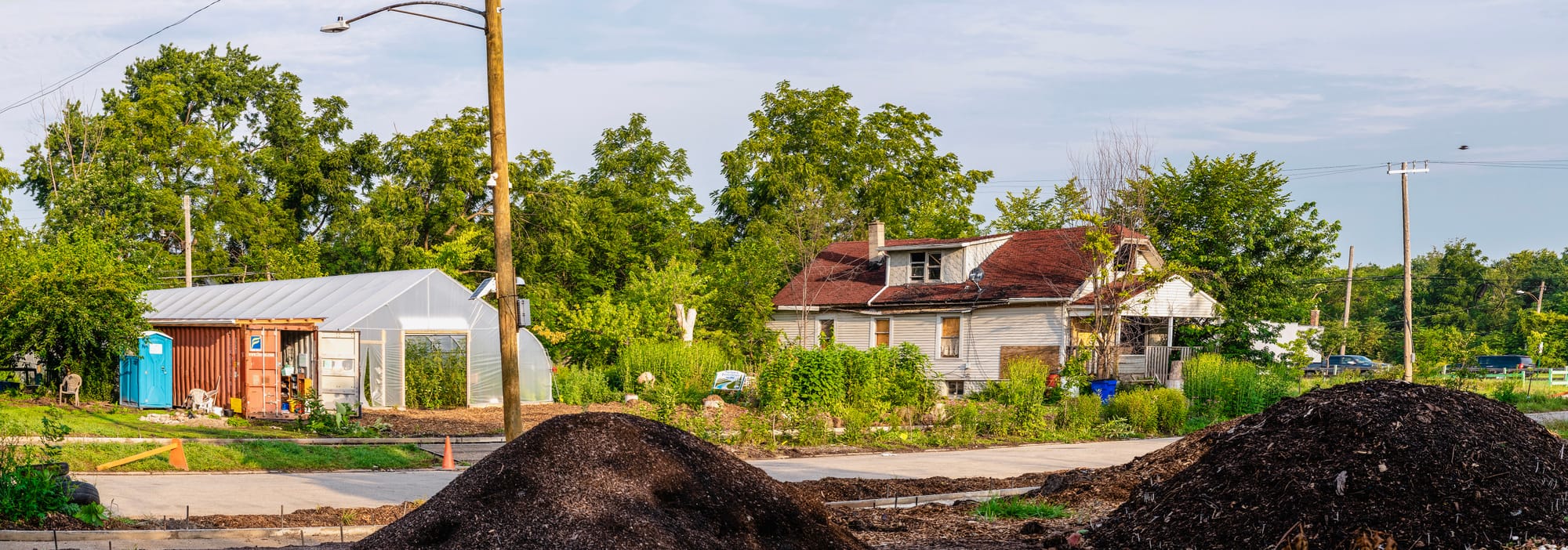
We also began building a proprietary compost management application to standardize and scale our operations. This was the result of data work, with the goal of being able to repair our historical analysis and move forward with certainty. We also gained the technological advantages of a sifter machine and drone as part of the team’s work.
You sold an amazing 200 cubic yards of compost! How does this breakdown in terms of number of customers? Are there any interesting city projects that you've worked with?
The breakdown by customer varies, reflecting our diverse clientele and the variety of projects we engage with. Notably, our work has extended to impactful city projects through collaborations with organizations like Midtown Composting, EqualGreen, BanLab, Scrap Soils and Honey Chile Hives. An interesting city endeavor is our partnership with Eastern Market, where we have embarked on a project to manage food waste from farmers' markets across Detroit, showcasing our commitment to sustainability and community engagement
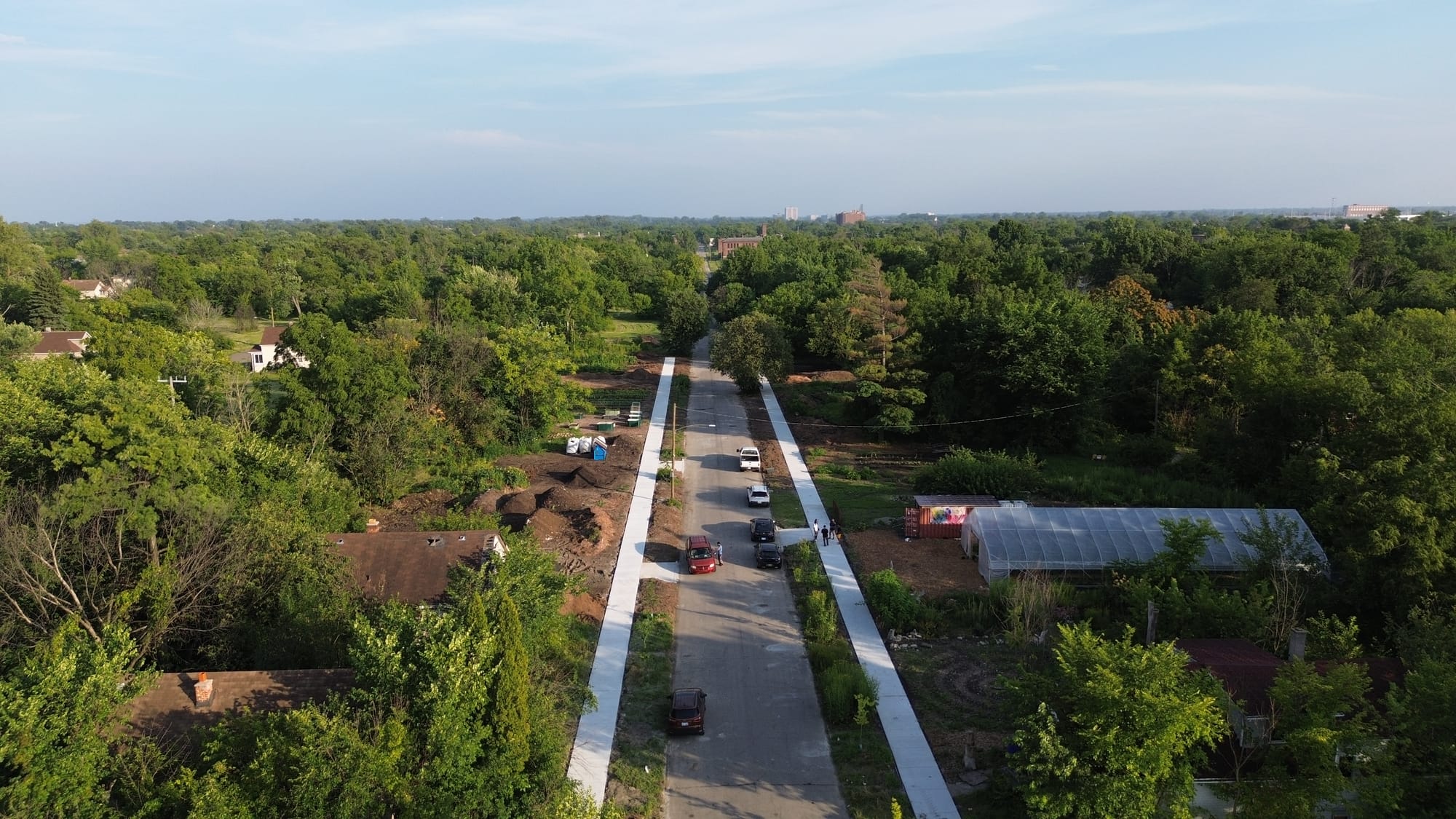
How has you crop yield increased with the introduction of the high tunnel and where have you been selling?
The crop yield in the high tunnel was very strong this year. As a result of solid yields over the year we have been able to sell with CSA box participation, continue at farmers' markets and directly to restaurants.
How have you seen the local community interact with the farm?
The local community interacts with our farm in a variety of ways, predominantly through waste diversion, volunteering, food distribution and education. We are continually working to get more folks in nearby Riverbend involved in the practice of sustainable living because our work is contingent on community resilience. We strive to contribute to the building blocks of strong communities.
What is the outlook for 2024? What are you excited about and what goals are in place?
Our goal for 2024 is to scale compost and gain efficiency. Compost scaling will occur as we work towards acquiring more land and improving our logistical scale. We will simultaneously be solidifying the operations of the produce part of our operation, while focusing on getting the community more involved.


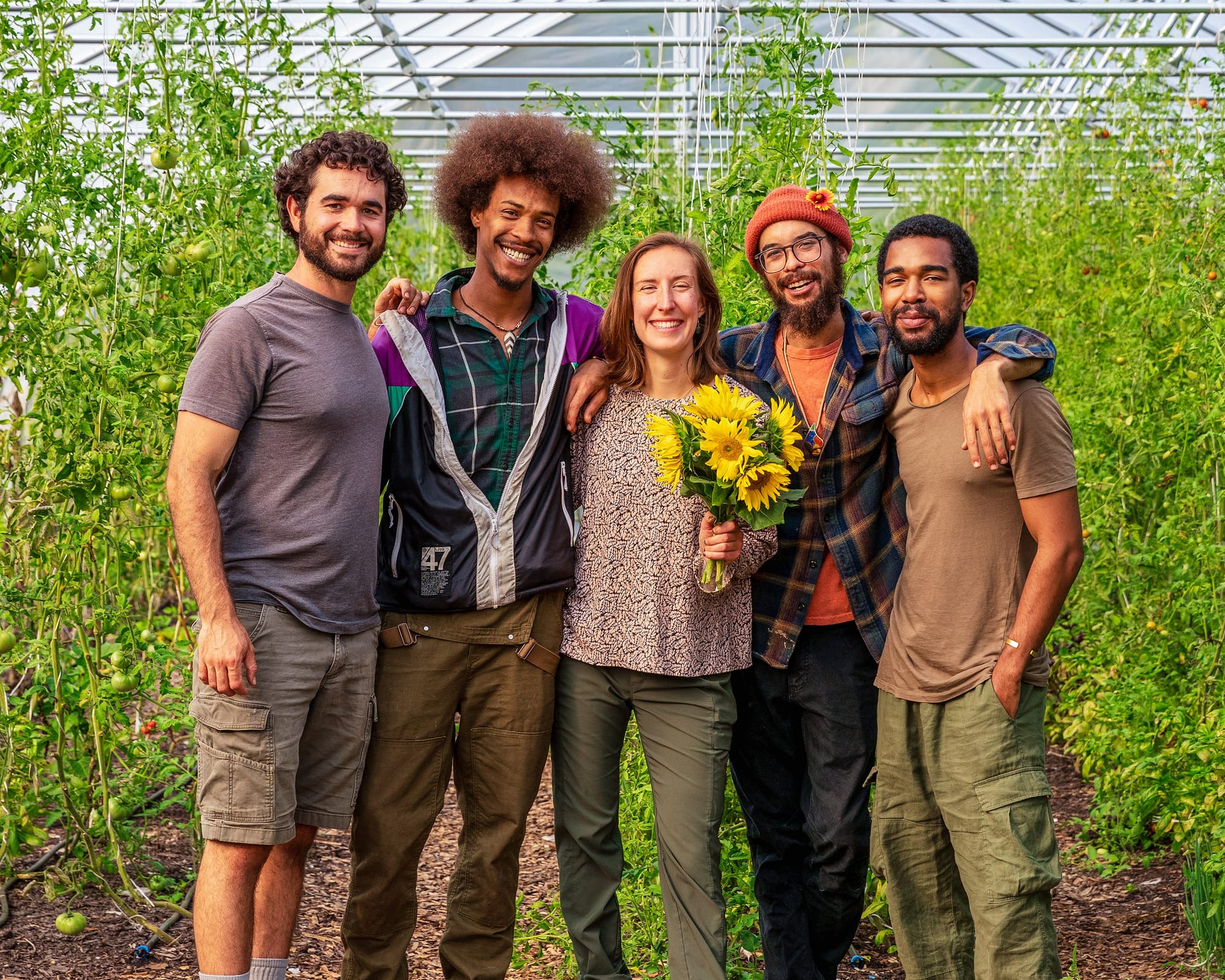
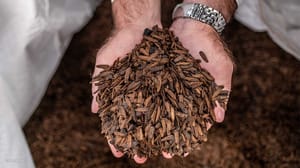

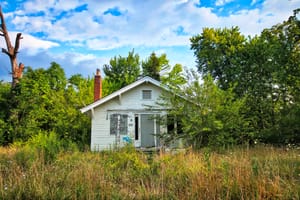
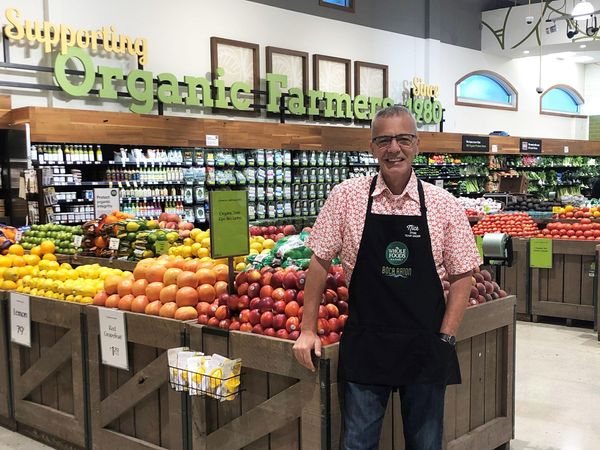
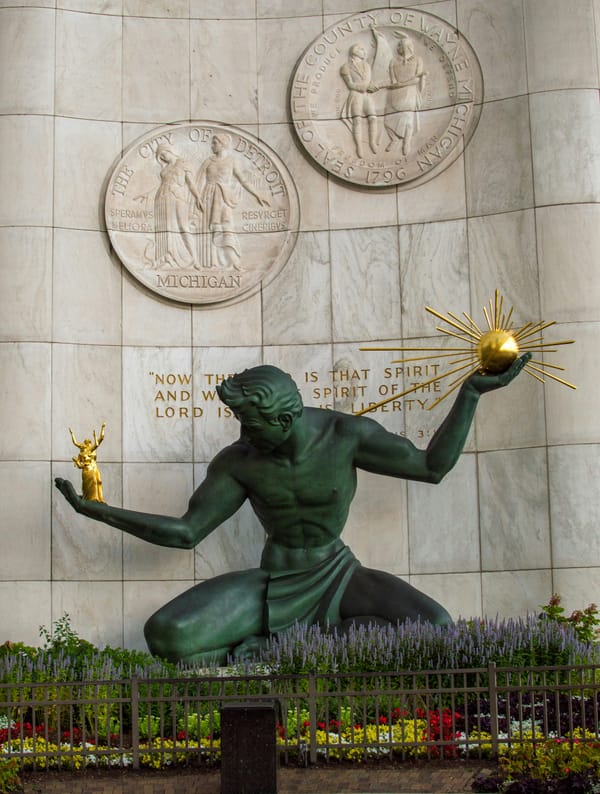

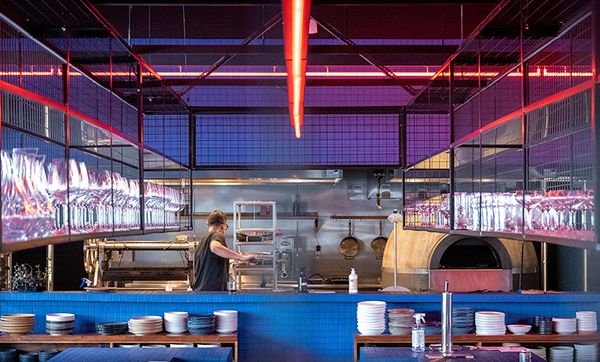
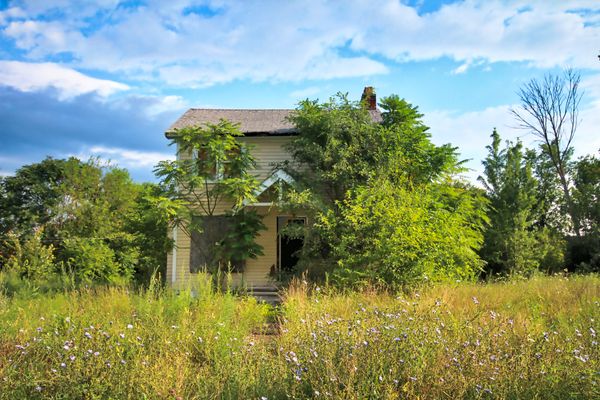
Member discussion